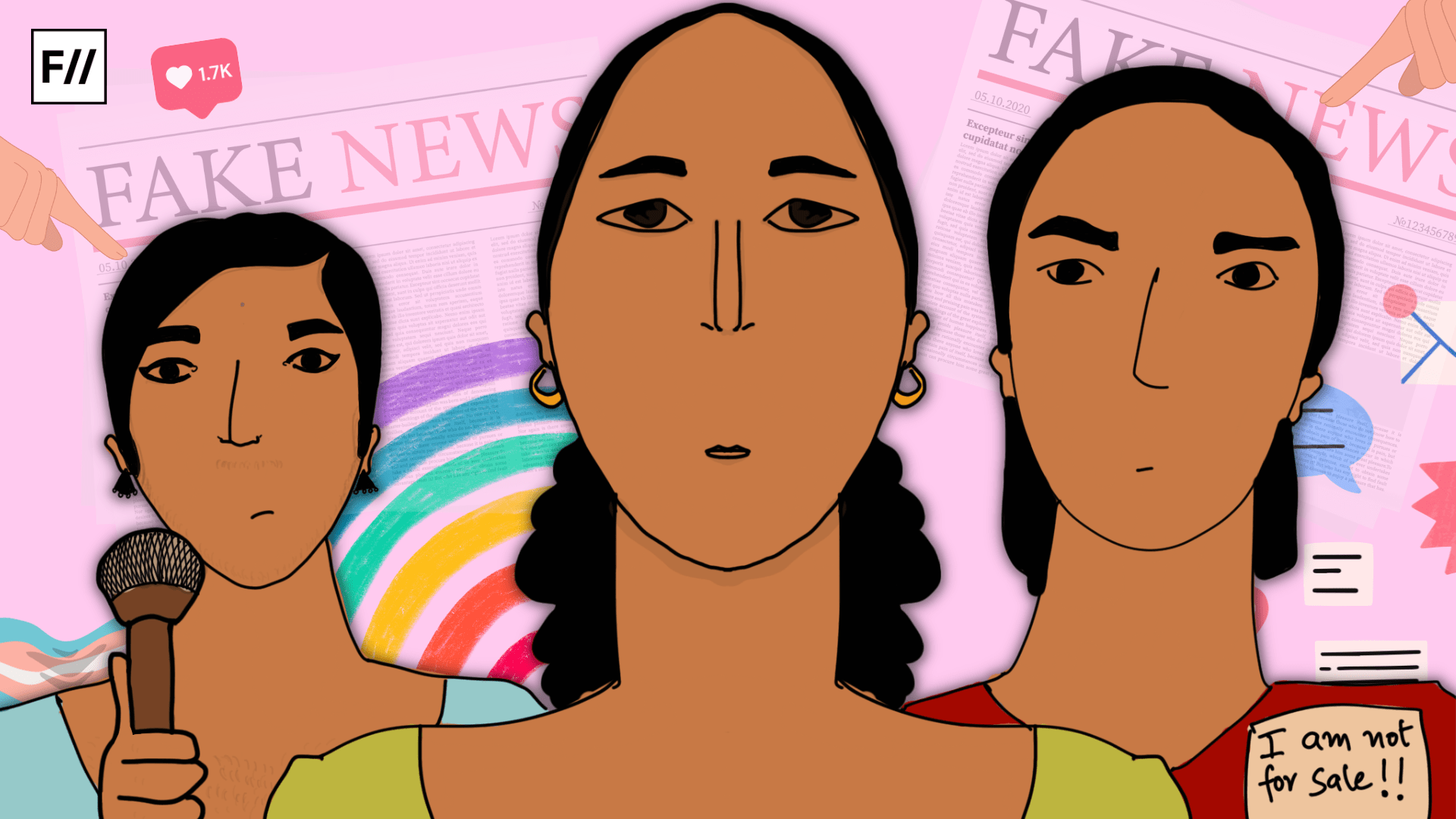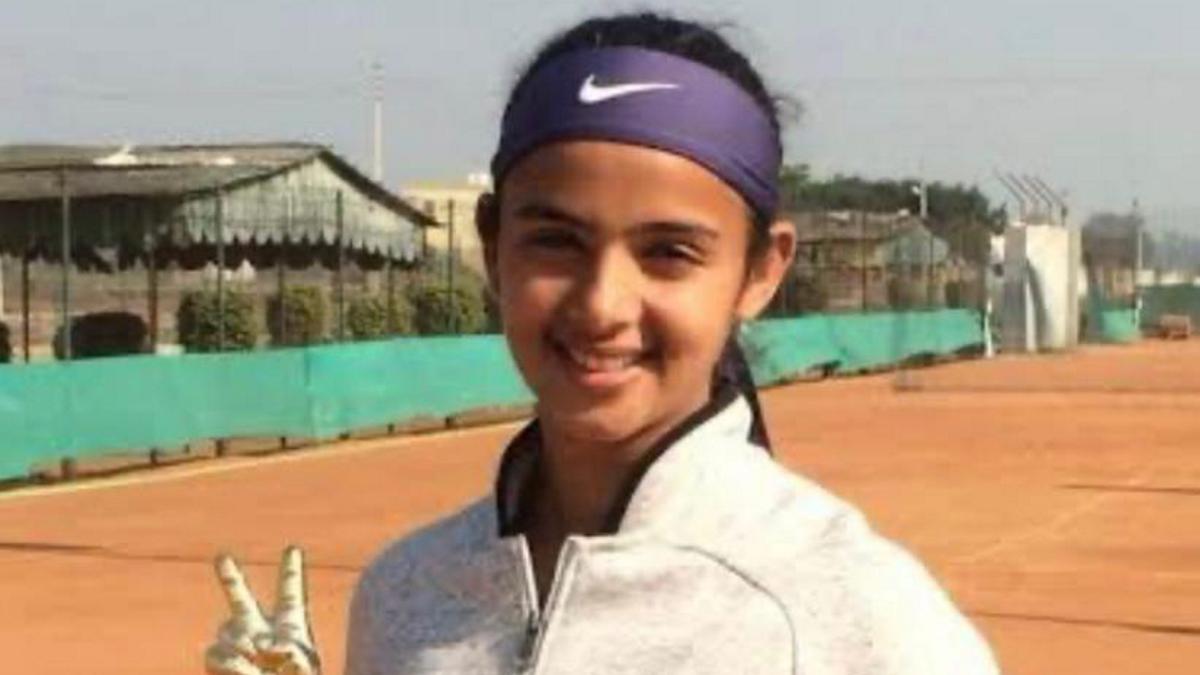The sheer volume of information streaming in from multiple sources is truly staggering, be it through mass media or social media, disinformation and misinformation are spreading and perpetuating at an alarming rate. Oftentimes, misinformation is used interchangeably with disinformation but there is a substantial contrast between the two, as misinformation is spread without any hateful intentions, and disinformation is spread and disseminated with the intent of hate and malice.
Rumours, false information, pranks, etc can be categorised as misinformation, on the other hand, disinformation is meant to harm any persons, organisations and even nations like AI-generated fake videos, images, porn clips etc. According to UNHCR’s guide on social media, “disinformation is deliberate and includes malicious content such as hoaxes, spear phishing and propaganda. It spreads fear and suspicion among the population.”
As our world is becoming inclusive with each day and with more and more ciswomen and persons from LGBTQI making spaces and headways in various fields and public spheres, disinformation particularly targeting these people based on their gender and sexual orientation is also expanding and becoming a point of grave concern. The intent is to create a disadvantageous and discouraging environment for minority genders fostering gender-based biases, stereotypes, discriminations and various forms of oppression.
Cis women and persons from LGBTQI are targets of disinformation campaigns from fake narratives, stories, videos, images, and negative discourse that eventually discredit their autonomy and capacity to hold positions in politics, STEM, journalism, media and other such publicly visible fields.
In a recent report by the United Nations, UN Special Rapporteur on Freedom of Expression Irene Khan alerted of rising gendered disinformation against women, girls and the LGBTQI people. She mentions, “We want to live in a world where there is gender equality today. There have been great strides made in bringing forward women, and now is the time to deal with these issues.”
The dangerous display of manipulative power to discredit women politicians, journalists and other women public figures has gained momentum due to exacerbated access to social media and social media-led discourse.
Women politicians and journalists in India have been a target of online as well as offline gender-based disinformation for quite some time now. The dangerous display of manipulative power to discredit women politicians, journalists and other women public figures has gained momentum due to exacerbated access to social media and social media-led discourse. It is no secret that women politicians from former Chief Minister of Uttar Pradesh Mayawati to current Cheif Minister of West Bengal, Mamta Banerjee, to women journalists like Rana Ayub, Saba Naqvi, Neha Dixit, Nidhi Razdan etc, to actors like Shabana Azmi, all have been targets of gender-based disinformation.

A 2021 research paper published by UNESCO titled “The Chilling: Global Trends in Online Violence Against Women Journalists” found that 73 per cent of respondents experienced online violence, with 20 per cent also experiencing offline abuse connected to online violence. These attacks aren’t happening in isolation, these are manifestations of gender-based disinformation as it is evident that mostly women, girls and LGBTQI persons are targeted.
Above all when the gendered disinformation intersects with one’s identity of caste, class, religion, ethnicity etc it becomes more harmful and grave.
Gender-based disinformation during conflicts, wars, and genocides forges drastically, discarding the lived experiences of gender minorities in such deplorable situations and conditions and delivering a desensitised propagandist narrative about these people
Women journalists from Saba Naqvi, to actors like Shabana Azmi were targets of online gendered disinformation and violence campaigns, where these women along with hundreds of other prominent Muslim women were “auctioned,” in an online bid called Bulli Bai and Sulli deals. These women were solely targeted because of their gender and religious identity, to discourage them and discredit their autonomy.
Similarly, one of the successful women-led news platforms Khabar Lahariya frequently becomes a target of gendered disinformation as women journalists from this news platform are often targeted because of their gender and caste identity.
There is a dire need to discuss and bring light to this issue as discussions and the creation of discourse could lead to changes in policies and laws revolving around this menace. Therefore FII is accepting drafts and pitches throughout November to create discourse, awareness and eventually a change in policy making related to this issue.
Gender-based disinformation during conflicts, wars, and genocides forges drastically, discarding the lived experiences of gender minorities in such deplorable situations and conditions and delivering a desensitised propagandist narrative about these people. Instances of such incidents and cases can be seen in occupied Palestine, Manipur, Sudan etc.
There is an alarming rise in online gender violence and gender disinformation in India particularly targeting women of various social, political and cultural identities. Consequently, there is a dire need to discuss and bring light to this issue as discussions and the creation of discourse could lead to changes in policies and laws revolving around this menace.
Therefore FII is accepting drafts and pitches throughout November on Gendered Disinformation In India to create discourse, awareness and eventually a change in policy making related to this issue.

Here are some pointers which might help you put your thoughts into words:
- Role of media in spreading gendered disinformation
- Gendered disinformation and religion
- Gendered disinformation and caste
- Women politicians and disinformation
- Women journalists and disinformation
- Women in sports and disinformation
- The need for more rigid policies and laws concerning gender-based disinformation
- Gendered disinformation about Palestinian genocide, gender-based violence in Manipur, Sudan etc
- Historical episodes of gendered disinformation concerning genocides, conflicts, wars etc.
- Disinformation and the LGBTQI+ community
This list is not exhaustive and you may feel free to write on topics within the theme that we may have missed out here. We understand that some topics may be personal and hence, if you wish to publish them anonymously, kindly mention that in your email.
Please refer to our submission guidelines before you send us your entries. You may email your submissions to shahinda@feminisminindia.com
We look forward to your drafts and hope you enjoy writing them!
Featured Illustration: Ritika Banerjee for Feminism In India
About the author(s)
Feminism In India is an award-winning digital intersectional feminist media organisation to learn, educate and develop a feminist sensibility and unravel the F-word among the youth in India.




